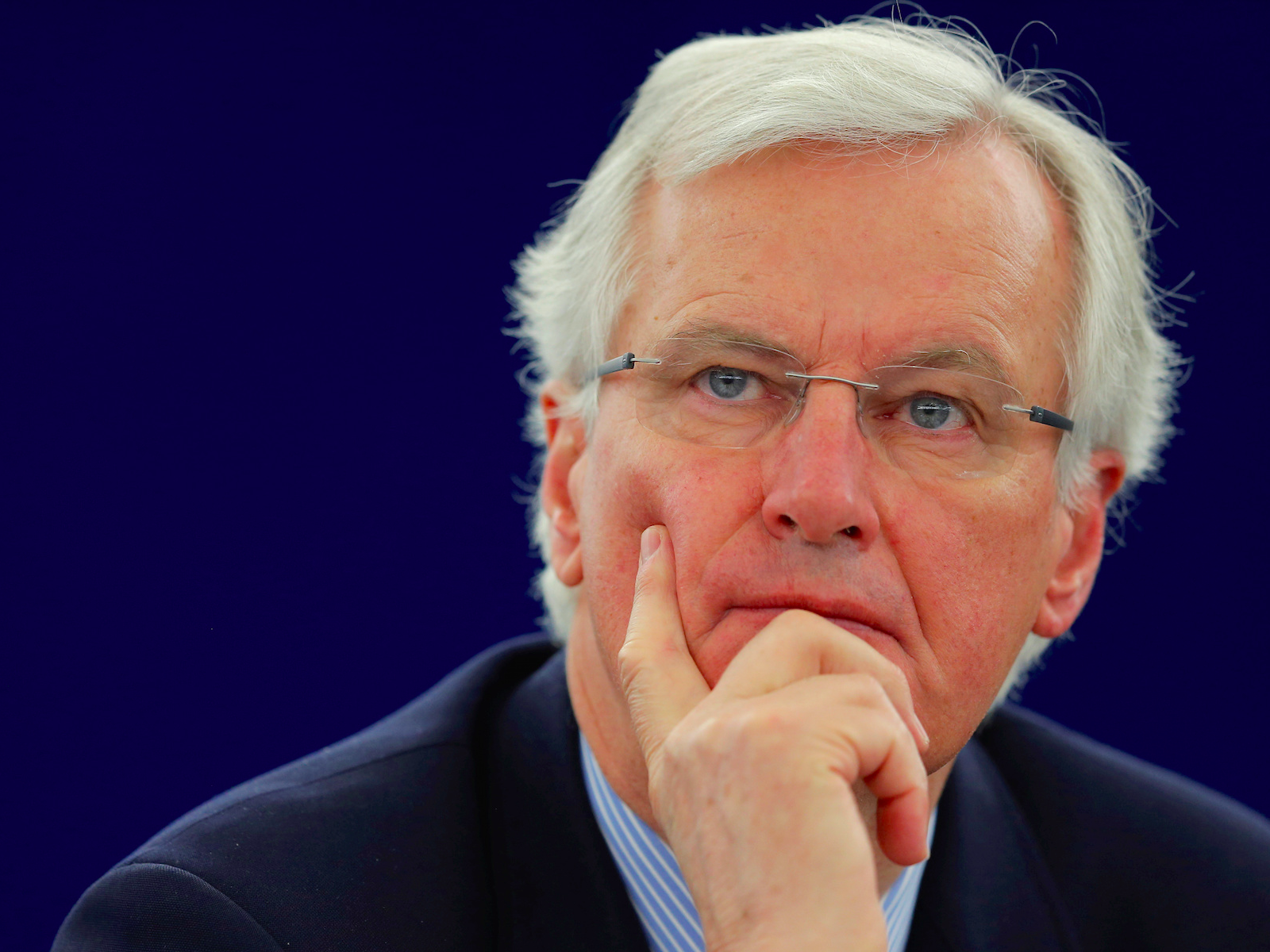The European Union is going to push for workers from the 28-nation bloc in Britain to get the best of both worlds when the UK leaves the EU on March 26, 2019.
The EU’s chief negotiator Michel Barnier will demand that EU workers in Britain are given employment rights enforced by the European Commission and overseen by European courts, even if they come to the UK after the nation has officially left the EU, according to a report by The Financial Times.
That will mean Britain will have to continue to apply EU social and employment laws, even after it exits the EU.
This could become a tense point in negotiations because UK Prime Minister Theresa May is taking Britain into a so-called “hard Brexit” – taking the UK out of the EU’s Single Market in return for total control over immigration and sovereignty of Britain’s laws. It is a huge sacrifice for the UK to make but both immigration and sovereignty were key motivators for many people voting for Brexit.
The EU appears to be committed to making negotiations tough for May and her team. Reuters reported on Friday that draft EU negotiating documents say Britain will need to pay financial “obligations to Brussels for years after Brexit and remain subject to EU courts.”
This supports an earlier report from the FT that said EU member countries are in total agreement with European Council president Donald Tusk's strict set of guidelines, detailing how the bloc will approach negotiations with Britain over its withdrawal from the EU.
The core points in Tusk's guidelines as are that "Britain will have to accept the EU's laws, court and budget fees if it seeks a gradual transition from the single market."
In other words, the UK will have to accept big fees and abide by EU laws and processes if it wants to be granted a transition deal - a leeway period or phased process of implementation of Brexit agreements for Britain. The EU is making this a "red line" in negotiations.
However, more information on Brexit talks may transpire when May meets Barnier in London next week. Jean-Claude Juncker, president of the European Commission, and the de facto leader of the EU, will also be present at the meeting.

